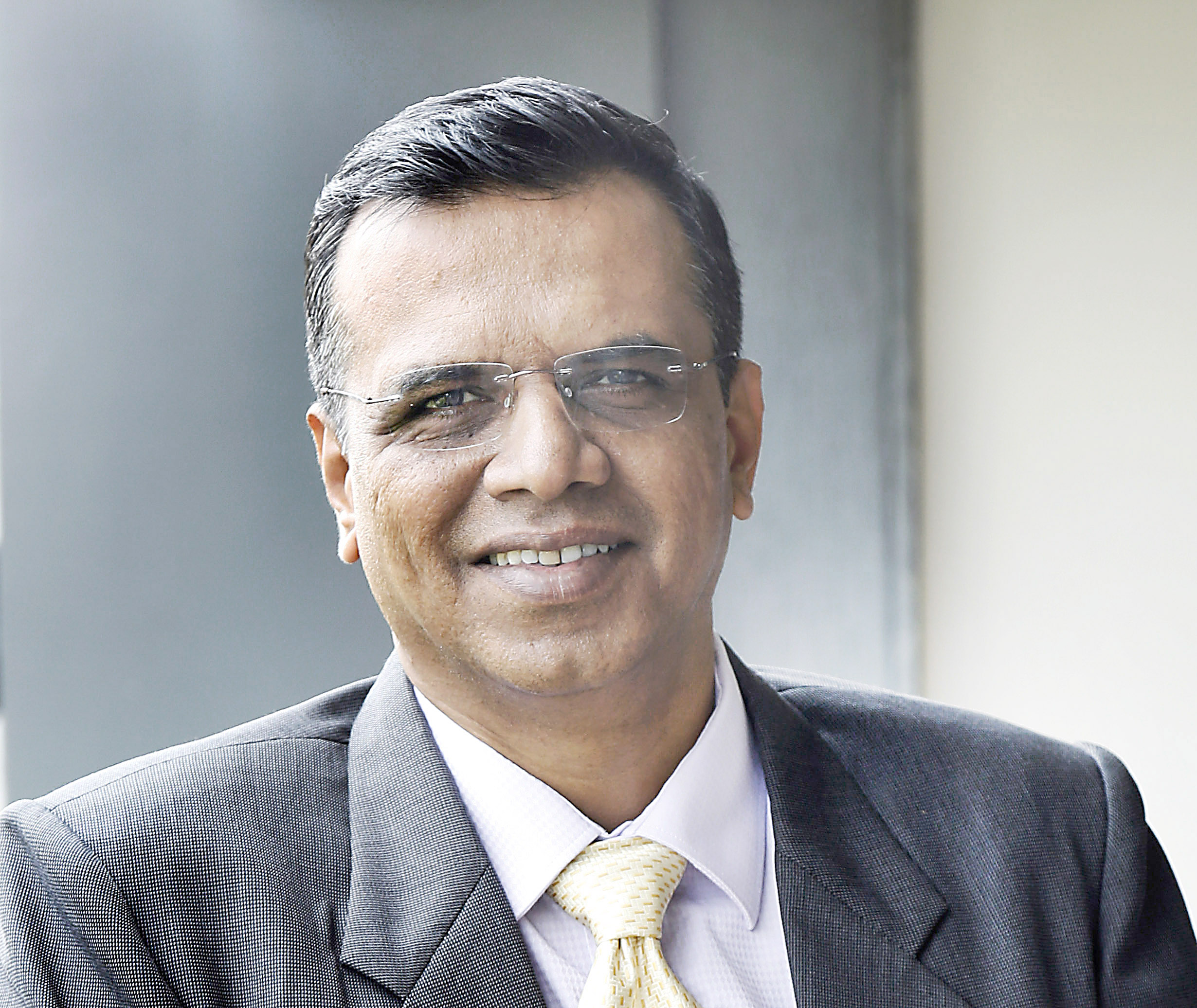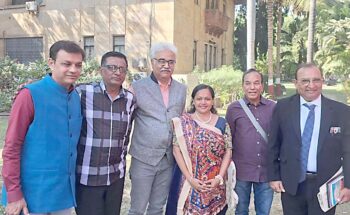Health Insurance for Monsoon-Related Illnesses: What You Need to Know

The monsoon season in India, while bringing refreshing rains, also ushers in a surge of health issues. These include severe vector-borne diseases like dengue, malaria, and chikungunya, which are transmitted by mosquitoes and flies.
These illnesses pose significant health risks and can lead to substantial medical expenses. Additionally, flies and food contamination may cause gastric infections, which are very common during the monsoon. Understanding the severity of these illnesses and the importance of health insurance is crucial for financial protection and peace of mind.

Mr. Bhaskar Nerurkar, Head – Health & Travel Administration Team, Bajaj Allianz General Insurance
Vector-Borne Illnesses: A Monsoon Threat
- Dengue
Dengue fever, caused by the Aedes mosquito, manifests with high fever, severe headaches, pain behind the eyes, joint and muscle pain, rash, and mild bleeding. Severe cases can lead to dengue haemorrhagic fever or dengue shock syndrome, which are potentially fatal without prompt treatment.
- Malaria
Malaria is transmitted by the Anopheles mosquito and caused by the Plasmodium parasite. Symptoms include fever, chills, headache, nausea, vomiting, and muscle pain. If untreated, malaria can progress to severe complications, including organ failure and death.
- Chikungunya
Chikungunya, spread by Aedes mosquitoes, is characterised by sudden fever and severe joint pain, which can be debilitating. Other symptoms include muscle pain, headache, nausea, fatigue, and rash. The joint pain may last for weeks or even months.
Water Contamination and Related Illnesses
The monsoon season in India also brings the issue of water contamination, which can lead to various illnesses. Stagnant water becomes a breeding ground for bacteria and viruses, resulting in diseases such as cholera, typhoid, and hepatitis A. These waterborne diseases can cause severe health problems and require significant medical expenses for treatment. Just as with vector-borne diseases, individuals need to protect themselves from the financial burden of treating such illnesses, highlighting the importance of comprehensive health insurance.
Importance of Health Insurance
Monsoon-related illnesses can lead to significant medical costs, including hospitalisation, diagnostic tests, medications, and follow-up treatments. A single-day hospitalisation, for instance, may cost anywhere between 25000 and 100000, depending on geography and medical condition. These expenses can quickly add up, making health insurance a vital tool in managing them and ensuring access to medical care without financial strain.
Key Features of Health Insurance Plans
- Hospitalization Coverage: Health insurance plans cover in-patient hospitalisation expenses such as room rent, ICU charges, doctor’s fees, and nursing costs. This comprehensive cover can be availed cashless in the event of any hospitalisation.
- Pre- and Post-Hospitalization Expenses: Many plans cover medical expenses incurred before and after hospitalisation, including diagnostic tests, consultations, and medications.
- Day Care Procedures: Some plans cover procedures that do not require a 24-hour hospital stay.
- Ambulance Charges: Coverage for ambulance expenses during emergencies is often included.
- Cashless Treatment: Network hospitals offer cashless treatment, simplifying the admission and discharge processes.
- Critical Illness Cover: Certain plans cover critical illnesses, including severe cases of vector-borne diseases requiring intensive care.
Health Insurance Products in India
- Standard Health Insurance Plans
Most general insurance companies in India offer standard health insurance plans that cover hospitalisation and treatment costs for various illnesses, including vector-borne diseases. These comprehensive plans provide policyholders with a wide range of benefits.
- Specific Vector-Borne Disease Covers
Some insurers offer specific health insurance products tailored to vector-borne diseases to address the seasonal surge in these illnesses. These plans often provide lump-sum payouts upon diagnosing diseases like dengue, malaria, and chikungunya, offering financial relief for immediate medical expenses.
- Family Floater Plans
Family floater plans cover all family members under a single policy, ensuring that anyone affected by a vector-borne disease receives medical care without financial strain.
Choosing the Right Health Insurance Plan
When selecting a health insurance plan for monsoon-related illnesses, consider the following factors:
- Network Hospitals: Ensure the insurer has a wide network of hospitals offering cashless treatment facilities.
- Sum Insured: Choose a sum insured that provides adequate coverage for potential medical expenses.
- Inclusions and Exclusions: Carefully read the policy document to understand what is covered and excluded under the plan.
- Claim Settlement Ratio: Check the insurer’s claim settlement ratio, indicating the percentage of claims settled successfully.
- Additional Benefits: Look for plans offering additional benefits like wellness programs, free health check-ups, and discounts on renewals.
Conclusion
The monsoon season in India increases the risk of vector-borne diseases like dengue, malaria, chikungunya, and water-borne illnesses. Having robust health insurance is essential to protect oneself and family from the financial burden of medical expenses associated with these illnesses. By selecting the right health insurance plan, individuals can ensure access to quality healthcare and focus on recovery without worrying about costs. As the monsoon approaches, evaluating health insurance needs, exploring available products, and deciding to stay protected against monsoon-related illnesses is wise. Health and financial security are invaluable, especially during the monsoon season.




